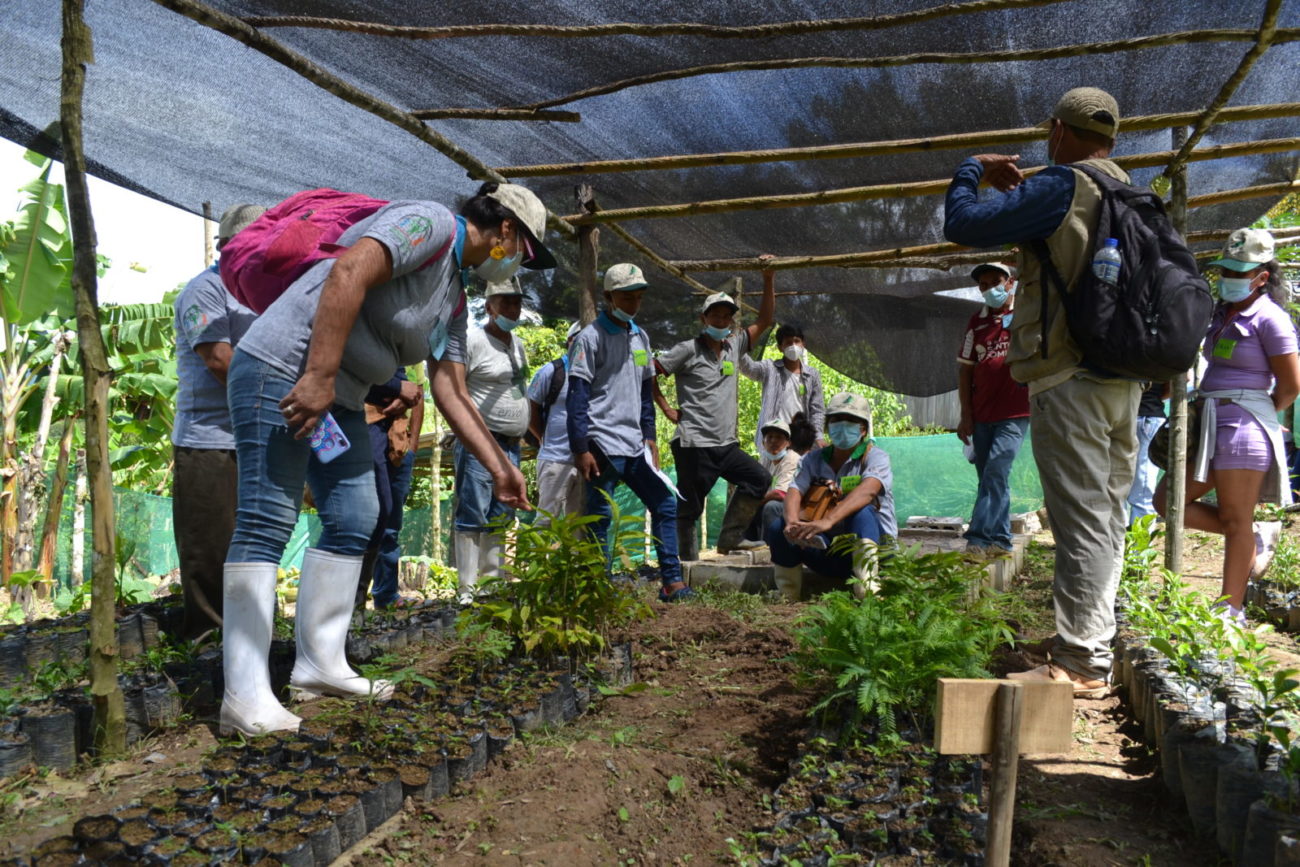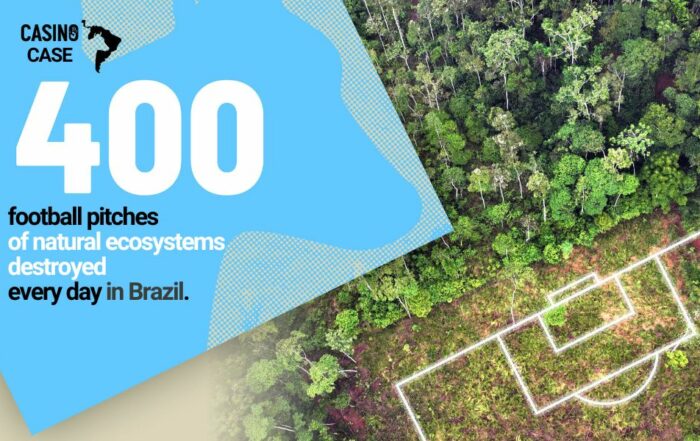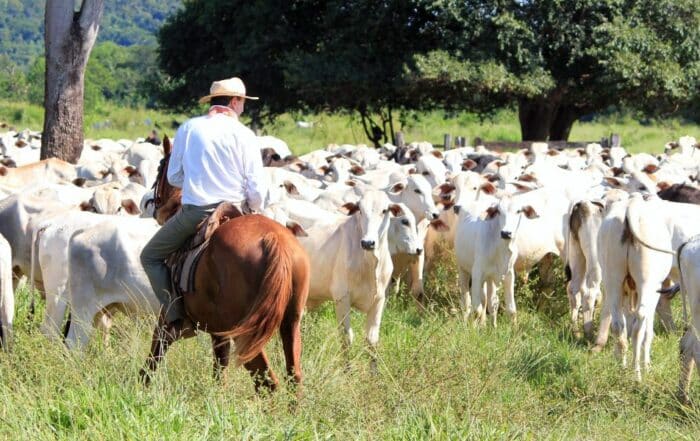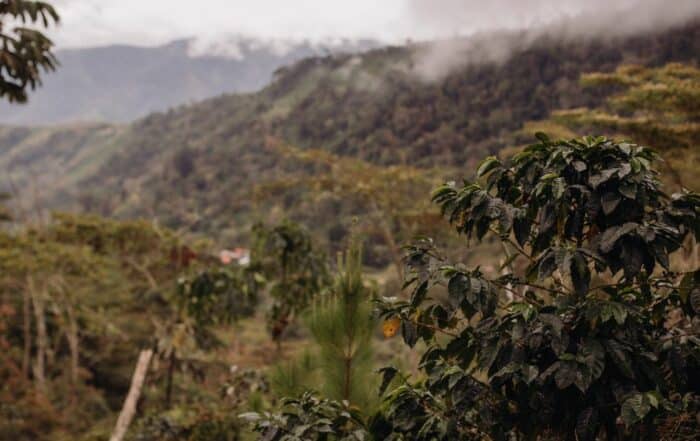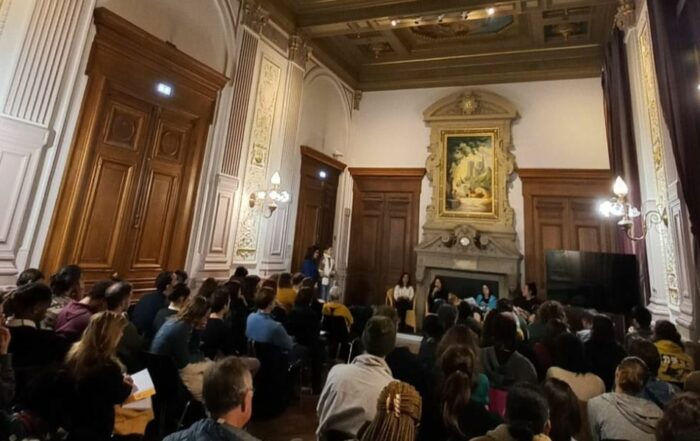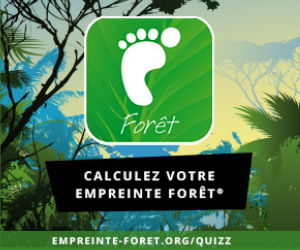At the beginning of April, the first exchange of practices for many months was organised in Pichanaki. Indeed, although the interest of these practices is no longer to be demonstrated, the current context has complicated their implementation. As the restrictive measures are being relaxed and in compliance with health standards, the group of participants from the village of Villa Sol received two groups of participants on 8 April, as well as some guest farmers who are members of the Pichanaki women’s cooperative (CAMPC), for a total of 39 participants. The groups of guests were both recently incorporated into the project, giving them the opportunity to learn more about the working methods and organisation through direct exchange with project pioneers.
The day started with a welcome breakfast in Pichanaki before going together to Villa Sol. There, the 8 farmers participating in the project since the end of 2018 were waiting for us anxious for the day but also very happy to receive and share their work. After a brief presentation of the history of the group, their motivation and their organisation, the visitors went to the collective nursery. This was an opportunity to take stock of the good practices for tree production and the use of some species present.
![[AGROCAFE]ouverture pasantia Villa Sol_ABRIL2021@M.CORREIA](https://da1323dc.delivery.rocketcdn.me/wp-content/uploads/2021/04/AGROCAFEouverture-pasantia-Villa-Sol_ABRIL2021@M.CORREIA-1024x683.jpg)
![[AGROCAFE]nogal negro pasantia Villa Sol_ABRIL2021@M.CORREIA](https://da1323dc.delivery.rocketcdn.me/wp-content/uploads/2021/04/AGROCAFEnogal-negro-pasantia-Villa-Sol_ABRIL2021@M.CORREIA-1024x683.jpg)
The rest of the day took place in the producers’ plots. Carmen and Hugo and then Dina welcomed us to present their farm. Carmen and Hugo took us close to their coffee plot in a wooded area safeguarded by the family with the aim of conserving endangered species, such as the mahogany or the black walnut tree. With Dina, we were able to learn more about her organic garden but also about her coffee production in a diversified agroforestry system, the economic and productive advantages.
The day ended with a few words of acknowledgement after a shared lunch. A nice moment of fellowship that reminds the farmers of the importance of these exchanges to strengthen their knowledge and share their experiences.
![[AGROCAFE]photo de groupe pasantia Villa Sol_ABRIL2021@M.CORREIA](https://da1323dc.delivery.rocketcdn.me/wp-content/uploads/2021/04/AGROCAFEphoto-de-groupe-pasantia-Villa-Sol_ABRIL2021@M.CORREIA-1024x683.jpg)
At the beginning of April, the first exchange of practices for many months was organised in Pichanaki. Indeed, although the interest of these practices is no longer to be demonstrated, the current context has complicated their implementation. As the restrictive measures are being relaxed and in compliance with health standards, the group of participants from the village of Villa Sol received two groups of participants on 8 April, as well as some guest farmers who are members of the Pichanaki women’s cooperative (CAMPC), for a total of 39 participants. The groups of guests were both recently incorporated into the project, giving them the opportunity to learn more about the working methods and organisation through direct exchange with project pioneers.
The day started with a welcome breakfast in Pichanaki before going together to Villa Sol. There, the 8 farmers participating in the project since the end of 2018 were waiting for us anxious for the day but also very happy to receive and share their work. After a brief presentation of the history of the group, their motivation and their organisation, the visitors went to the collective nursery. This was an opportunity to take stock of the good practices for tree production and the use of some species present.
![[AGROCAFE]ouverture pasantia Villa Sol_ABRIL2021@M.CORREIA](https://da1323dc.delivery.rocketcdn.me/wp-content/uploads/2021/04/AGROCAFEouverture-pasantia-Villa-Sol_ABRIL2021@M.CORREIA-1024x683.jpg)
![[AGROCAFE]nogal negro pasantia Villa Sol_ABRIL2021@M.CORREIA](https://da1323dc.delivery.rocketcdn.me/wp-content/uploads/2021/04/AGROCAFEnogal-negro-pasantia-Villa-Sol_ABRIL2021@M.CORREIA-1024x683.jpg)
The rest of the day took place in the producers’ plots. Carmen and Hugo and then Dina welcomed us to present their farm. Carmen and Hugo took us close to their coffee plot in a wooded area safeguarded by the family with the aim of conserving endangered species, such as the mahogany or the black walnut tree. With Dina, we were able to learn more about her organic garden but also about her coffee production in a diversified agroforestry system, the economic and productive advantages.
The day ended with a few words of acknowledgement after a shared lunch. A nice moment of fellowship that reminds the farmers of the importance of these exchanges to strengthen their knowledge and share their experiences.
![[AGROCAFE]photo de groupe pasantia Villa Sol_ABRIL2021@M.CORREIA](https://da1323dc.delivery.rocketcdn.me/wp-content/uploads/2021/04/AGROCAFEphoto-de-groupe-pasantia-Villa-Sol_ABRIL2021@M.CORREIA-1024x683.jpg)

